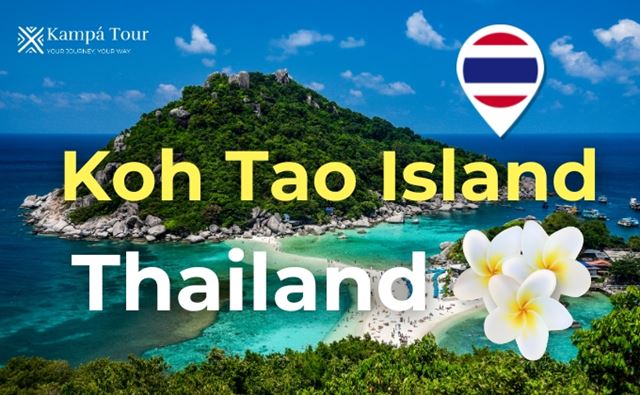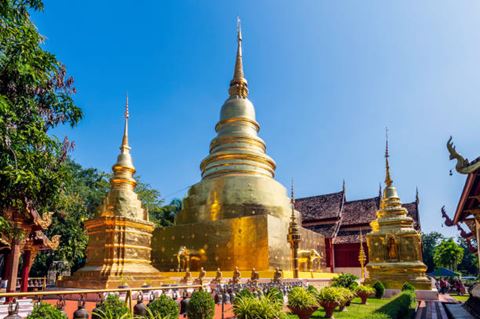Thailand Extends 60-Day Visa Stays for Tourists from Up to 93 Countries
The number of nations granted visa-free entry to Thailand has expanded from 57 to 93. Moreover, the duration of stay for tourists originating from visa-exempt countries has been extended from 30 to 60 days. Additionally, citizens of numerous other nations can now apply for a visa upon arrival.
Anh DANG, a local expert, is deeply immersed in Southeast Asian culture. She has extensive travels across numerous countries in the region and has expertise in local destinations, cultural nuances, culinary delights, and distinctive adventures. Her professional background in tourism equips her to share comprehensive information about Thailand, Vietnam, Cambodia, and other Southeast Asian nations. Feel free to leave any questions in the comments below, she will happily answer you directly.
The Thai government has approved various new visa initiatives to attract more tourists. These include visa exemption programs and visas on arrival, extended student stays, and reduced mandatory health insurance for retirees. The main aspects of the plan are structured into three phases for the years 2024-2025.
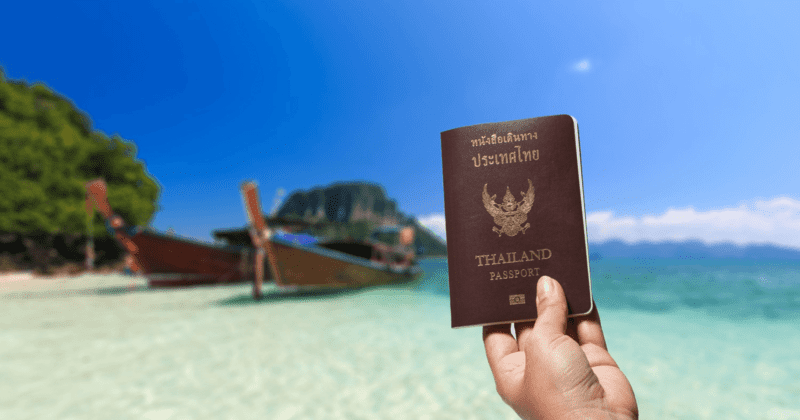
Short-term measures (Implemented from June 1, 2024)
- Visa-free entry for tourists, business visitors, and short-term workers from 93 countries (up from 57 previously), allowing stays of up to 60 days (previously 30 days).
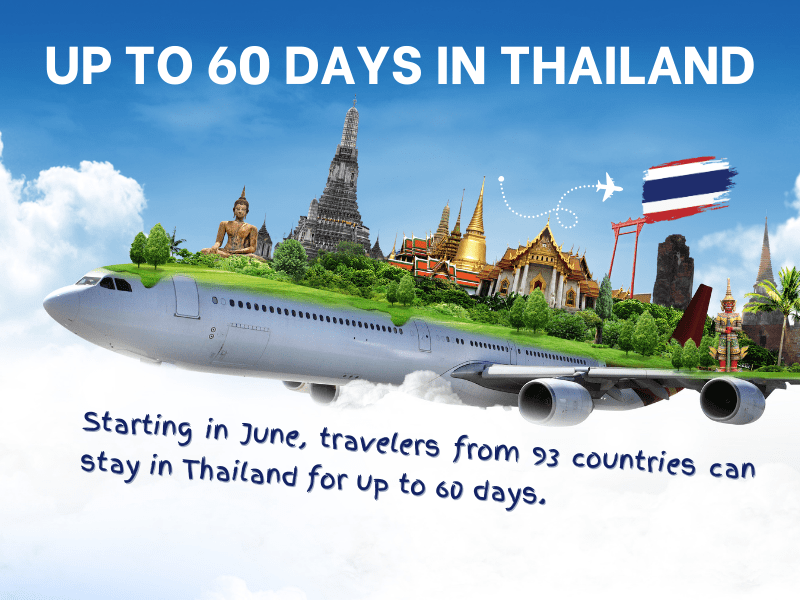
- Expansion of visa on arrival (VOA) to 31 countries (previously 19).
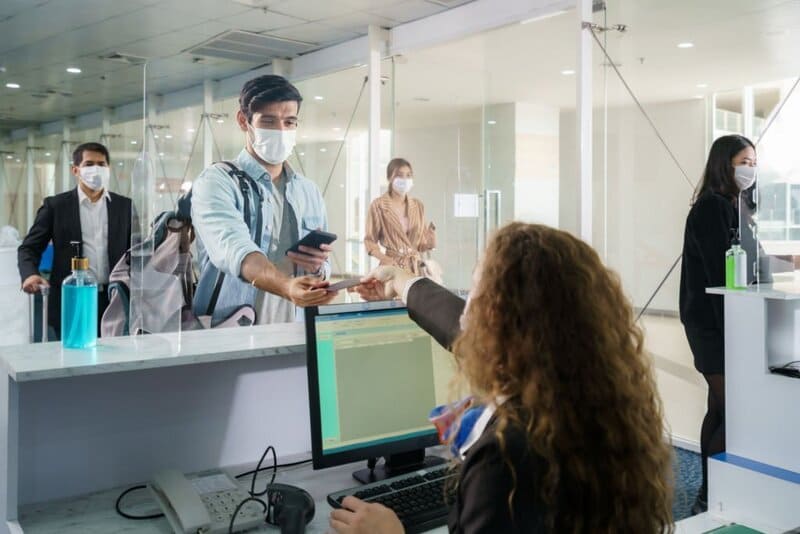
- Introduction of a new visa category, the Destination Thailand Visa (DTV), for foreigners interested in staying in Thailand for an extended period and working remotely.
.png)
Destination Thailand Visa (DTV):
Eligibility:
- Qualified foreigners, digital nomads, freelancers, and those participating in activities like learning Muay Thai, Thai cuisine, sports training, medical treatments, seminars, and artistic and musical events.
- Spouses and legal children (under 20 years old) of DTV holders.
- Evidence of financial support or a guarantee of at least 500,000 baht for the duration of the stay.
Benefits: The DTV allows a maximum stay of 180 days, with a visa fee of 10,000 baht, valid for 5 years. The stay can be extended once for an additional 180 days with an additional fee of 10,000 baht.
Improvement of benefits for international students:
- International students pursuing a bachelor's or higher degree with a non-immigrant visa (ED) will have an easier time finding employment and remaining in Thailand after completing their studies.
- Extended one-year stay after graduation for job hunting, travel, or other activities, with certification from the Ministry of Higher Education, Science, Research, and Innovation.
.png)
Medium-term measures (Implemented from September to December 2024)
- Restructuring and reducing the number of non-immigrant visa categories from 17 to 7.
- Adjusting the Long Stay visa requirements and conditions for elderly individuals who want to retire in Thailand.
- Lowering the health insurance requirement for the non-immigrant visa (O-A) from 3,000,000 baht to pre-COVID-19 levels to 40,000 baht for outpatient treatment and 400,000 baht for inpatient treatment.
- Expanding the e-Visa service from 47 to 94 Thai embassies, consulates, and commercial and economic offices worldwide.
.png)
Long-term measures (To be implemented by June 2025)
- Developing an Electronic Travel Authorization (ETA) system for foreign nationals who qualify for visa exemption.
- Using technology and innovation to improve monitoring of foreign nationals by integrating data with the Immigration Bureau.

Thailand has seen 14.3 million tourists from January to May 26 this year. The goal is to host 40 million foreign visitors for the whole year, with earnings expected to reach 3.5 trillion baht (USD 95.73 billion). Before the 2019 pandemic, Thailand had welcomed a record number of 39.9 million visitors, generating 1.91 trillion baht.
Source: Thaiger
>>> Also read:






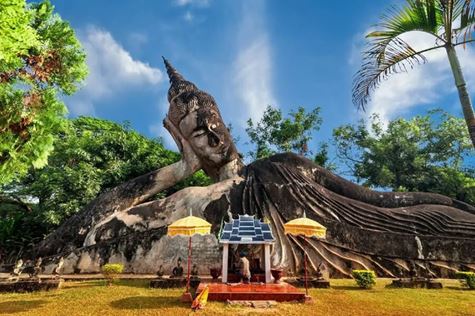
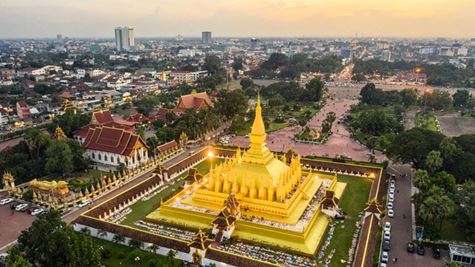

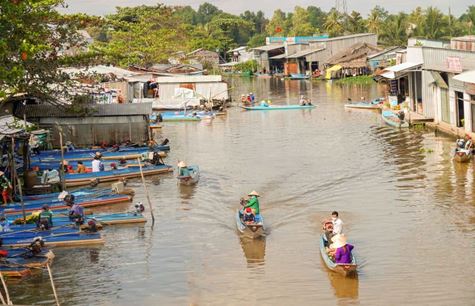




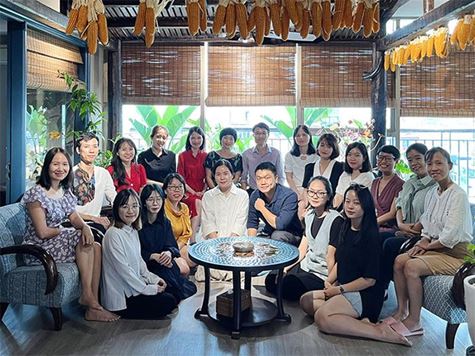

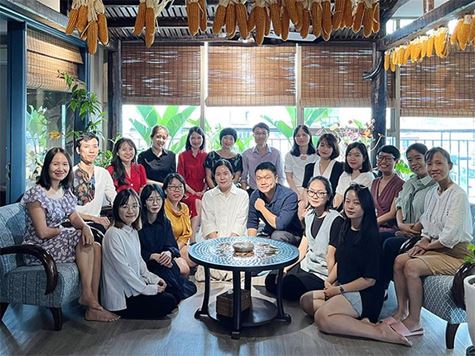

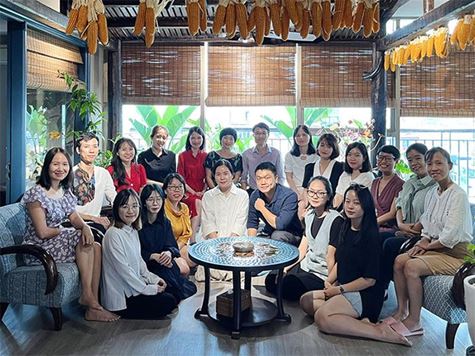

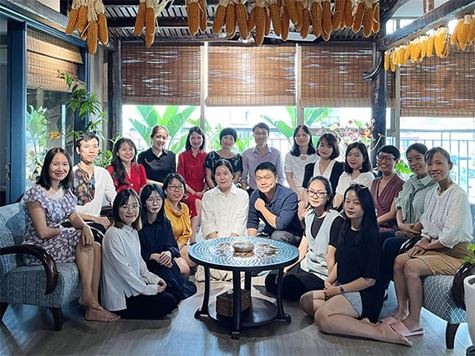

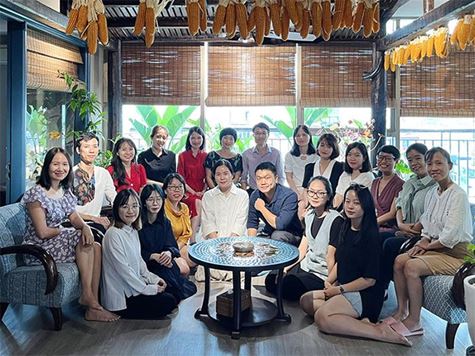

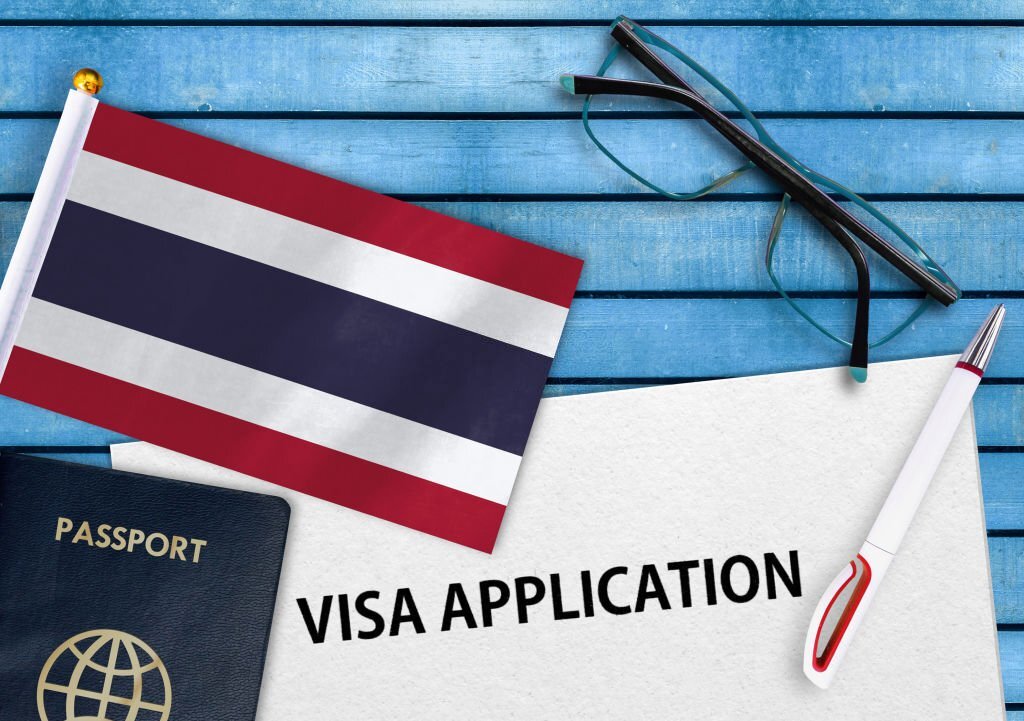




.png)
.png)
.png)



